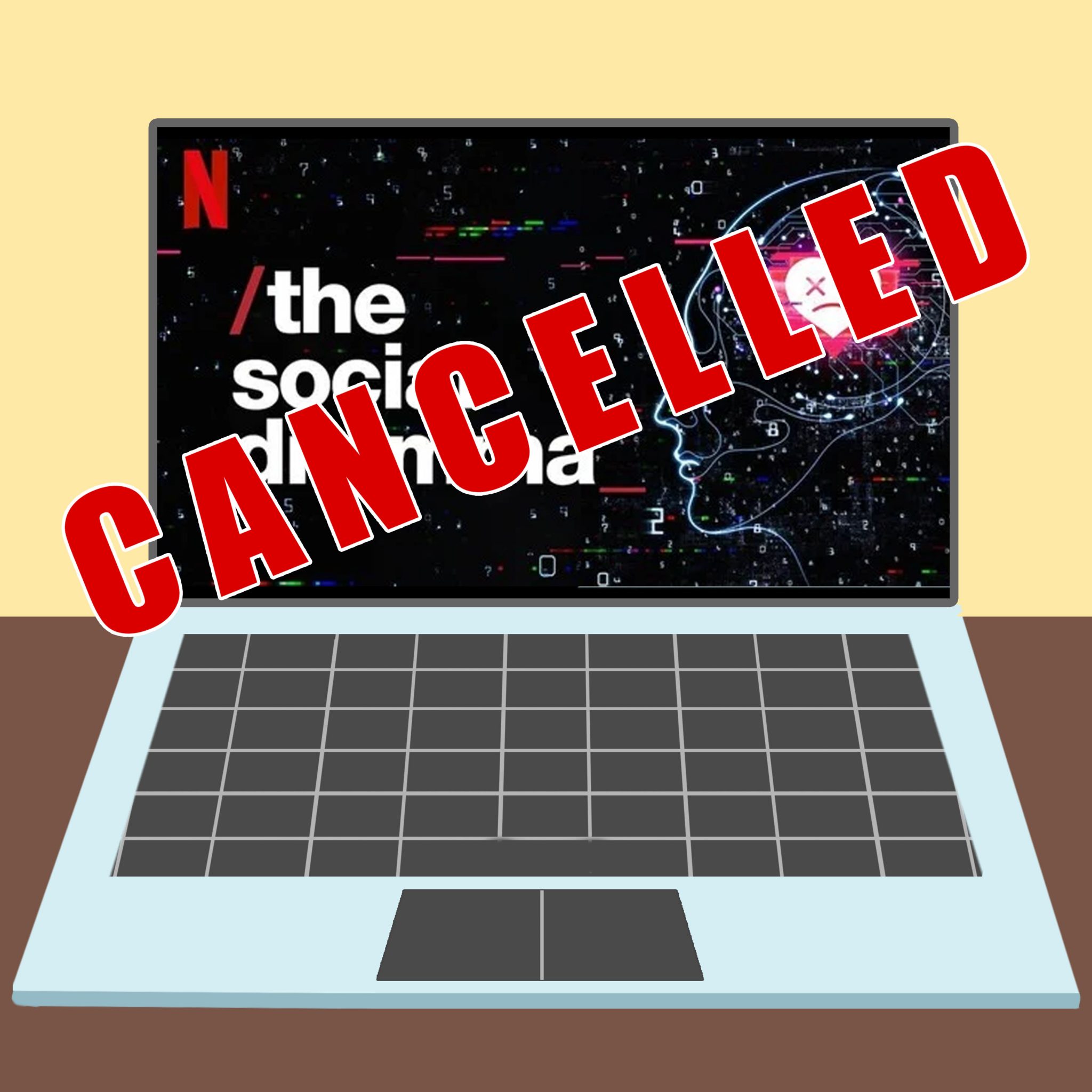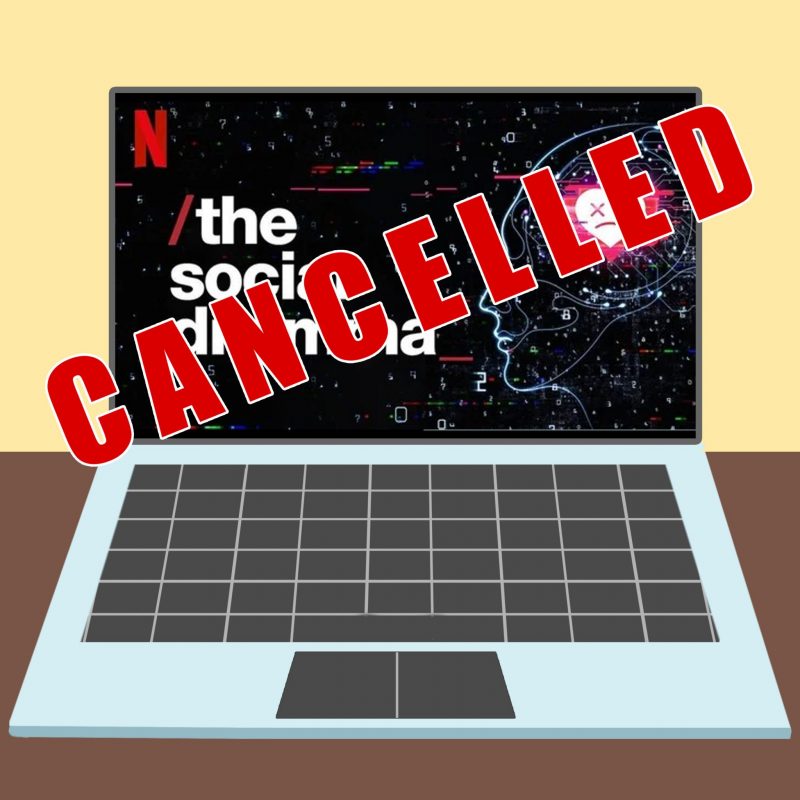‘The Social Dilemma’: Why a one-week social media hiatus will not fix your addiction


The beginning of Netflix’s new documentary, The Social Dilemma begins with a quote from the philosopher Sophocles which I think very much covers my interpretation of this
Netflix’s newest hit documentary provides insightful commentary about the role social media has played in our lives
As stated in the documentary, the tech gurus pose very fair critiques of social media,such as the fact that it’s proven that social media use is related to an exponential rise in depression, anxiety, and suicide among youth populations and adult populations. Further, social media has a strong impact on productivity and, finally, the ability to think about certain subjects on a more critical level.
However, to say social media has had no benefits in the real world, I think, is a misleading view.
One can see that social media
Thus, the power of social media can be a force for good. Having said this, though, in my opinion, the current pros of social media do not outweigh its many cons.
When Mark Zuckerberg invented Facebook to rank women on his attraction to them, he did so with the normative view that bringing people together on an online platform would make people happier and less lonely.
Turns out, it had the opposite effect.
As previously stated, social media like Facebook have proven to cause a mass rise in depression and suicide. This rise has
The documentary cites the Centers for Disease Control and Prevention, showing that from 2009 —, when social media released on mobile —, to 2017, there was a 151% increase in suicides from ages 10-19 in women. The increase, however, is not just in women but also in men. Is it due to the fear of missing out (FOMO), or perhaps the skewed way social media presents everyone as being happy 24/7?
Further, another study cited by the documentary shows the effect social media has had on political polarization between Democrats and Republicans. Again, from 2009 to 2017, the Pew Research Center study shows that from the dates social media became more popularized, there was an increase in political divisions.
Many theories exist about this, as well. The documentary cites one reason being the “algorithm” these apps use.
However, especially with politics, hearing that one’s view is right all the time can create a warped sense of truth. By hearing opposing views on certain subjects, if anything, they can help us clean up the holes and flaws in our perceptions.
So, social media being a bad influence is perhaps something we always knew. The question now is if there is anything we can do about it.
I think there is, and I started to delete my social media apps.
I deleted my Twitter, Tik-Tok, Snapchat, and Instagram accounts. Now I am only on Reddit and Facebook. Deleting my Instagram proved to be very tough, but I saw firsthand why I needed to delete it.
One day, on one of my friend’s Instagram stories, they had re-shared something in one of those classic Instagram squares. I clicked on the post and read the comments. There, I saw a comment that had two likes claiming the content was false and had a link to politifact.com. On this website, the claims on Instagram proved to be fake. It was then I decided to delete Instagram.
So, does one need to delete their social media apps? Personally, I can say it has made me a much happier person, but I recognize it is not for everyone.
But what I think I can say though


